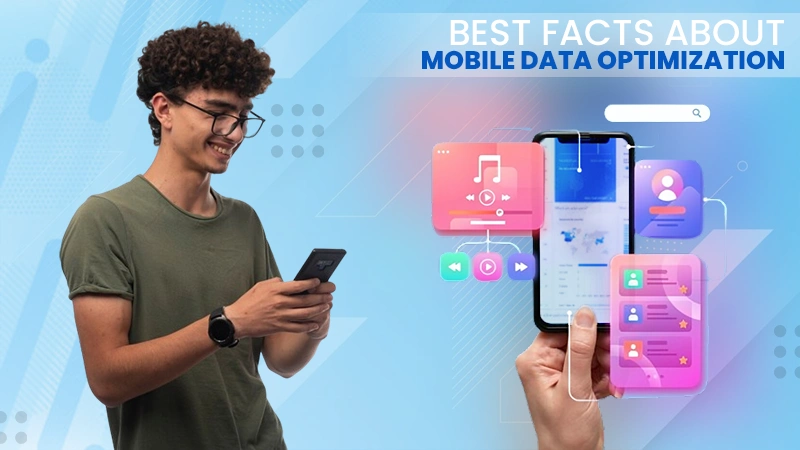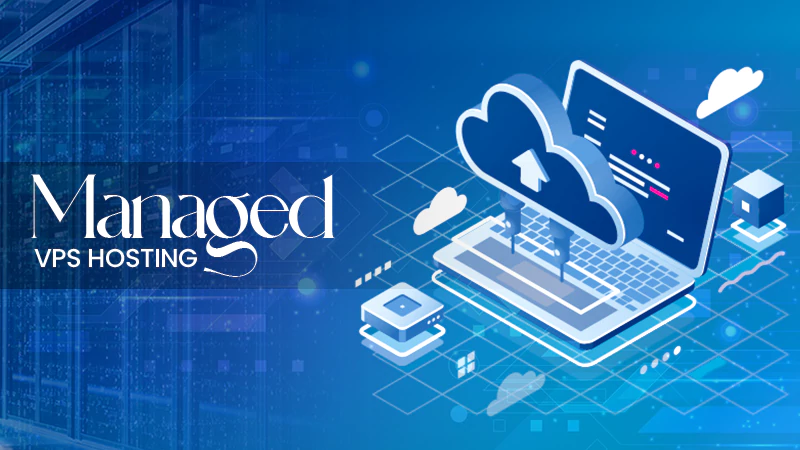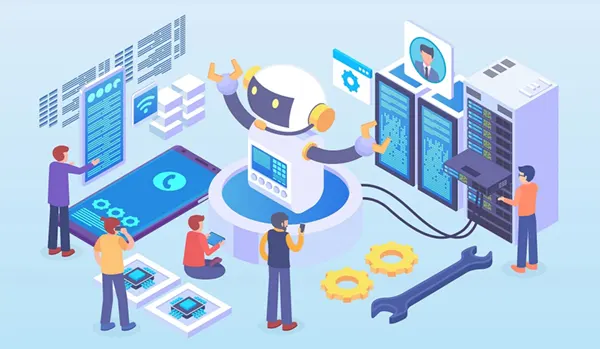
You may have heard the term “blockchain”, but have you ever heard of a “blockchain consultant”? In a nutshell, this consultanting helps firms to establish growth approaches. However, the technology-driven world is evolving speedily and the utilization of AI-powered tools is expanding.
While these consultants services are also adopting the AI mechanism, there are still some questions to be answered:
- Fairness: Are we minimizing bias in our robotics data and models? Are we considering the issue of discrimination when using AI?
- Interpretability: Can we explain how this expert system model makes decisions? Can we guarantee the accuracy of these decisions?
- Reliability and safety: can we rely on them to work? Are our machine learning systems vulnerable to attacks?
- Governance: who is in charge of them or do we have proper control procedures in place?
What is blockchain?

It is a disseminated ledger or database to store information that differs from other typical info stores. It is shared among a computer network’s nodes. Well-known for its basic role in cryptocurrency systems, they are used in other industries as well.
Businesses today are practicing artificial intelligence to utilize their power. Consulting firms that provide blockchain consultant services to companies are also employing AI structures for several reasons.
Artificial Intelligence: Current Situation
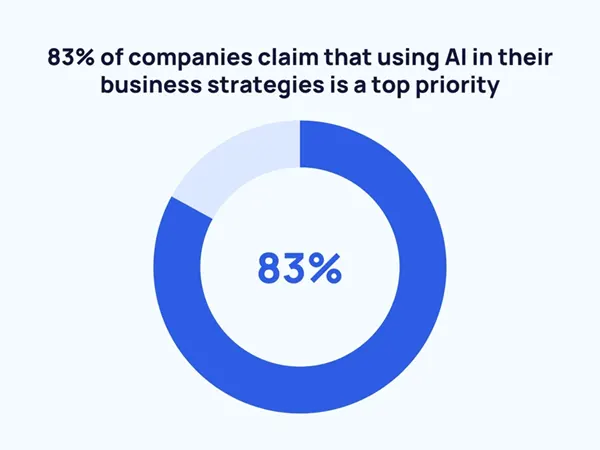
(A whopping 83% of companies claim that using AI in their business strategies is their top priority).
To get a better understanding of how organizations are doing today, we interviewed more than 1,000 business leaders who are exploring or already implementing AI development services. Twenty percent of those surveyed said their companies are planning a large-scale introduction of machine learning in 2019.
If these ambitious plans are realized, many of the leading industries in the United States will reach a new level of robotics application, not in specific areas, but throughout the entire operation.
How to Scale AI Solutions
Last year, we formulated eight forecasts of the likely progress of AI in 2018, taking into account the consequences for consulting, government, and society. The trends we identified back then (including the real impact of expert systems on the workforce, the need to focus on the responsible use of them by companies, and emerging cybersecurity threats) are growing at a pace.
Despite this, in 2019, as more and more AI-based solutions emerge from laboratories into offices, hospitals, factories, and construction sites and become part of consumers’ lives, a new approach is needed. We do not just indicate the likely events – we talk about what should happen in the field of AI thanks to the efforts of the leaders.
Do You Know? AI is often thought of as a new technology, but it has been around for decades. This concept has been there since the 1950s. Early AI systems were used to perform tasks such as playing chess and solving mathematical problems.
Users, Developers, and Data Mining Professionals
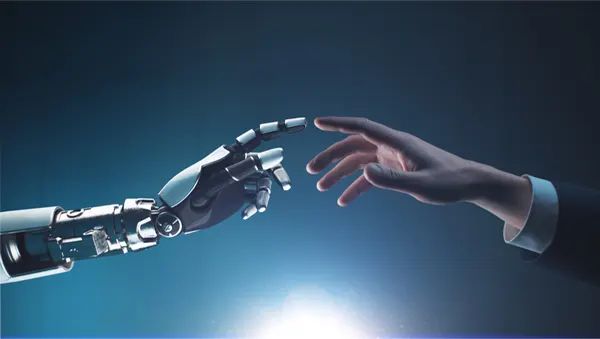
As AI becomes highly popular, most of the company’s employees will need training to become users of artificial intelligence. They will learn to use AI-powered enterprise applications, manage input properly, and seek expert help when needed.
A highly specialized group (perhaps 5-10% of employees) must undergo additional training to become programmers: business line specialists from among confident users who can shape use cases and datasets and work closely with machine learning specialists to build new applications based on artificial intelligence.
Finally, a small but very imperative group of engineers and data mining professionals will undertake the complex work of building, deploying, and managing these applications.
FAQs
Ans: Yes, they can be used together to serve various purposes such as cybersecurity, information storage and distribution, business processes, healthcare, decision-making systems, databases, and more. A combination of these technologies can provide effective solutions.
Ans: No, artificial intelligence cannot entirely replace human programmers as the complex and uncertain nature of this technology requires creativity, problem-solving skills, and deep thinking abilities that humans have. However, in the advancing future, AI will enhance the productivity of these programmers.
Ans: This expert system can be used in numerous tasks such as automating financial processes, tracking products, data and market analysis, supply chain management, security, and more.




